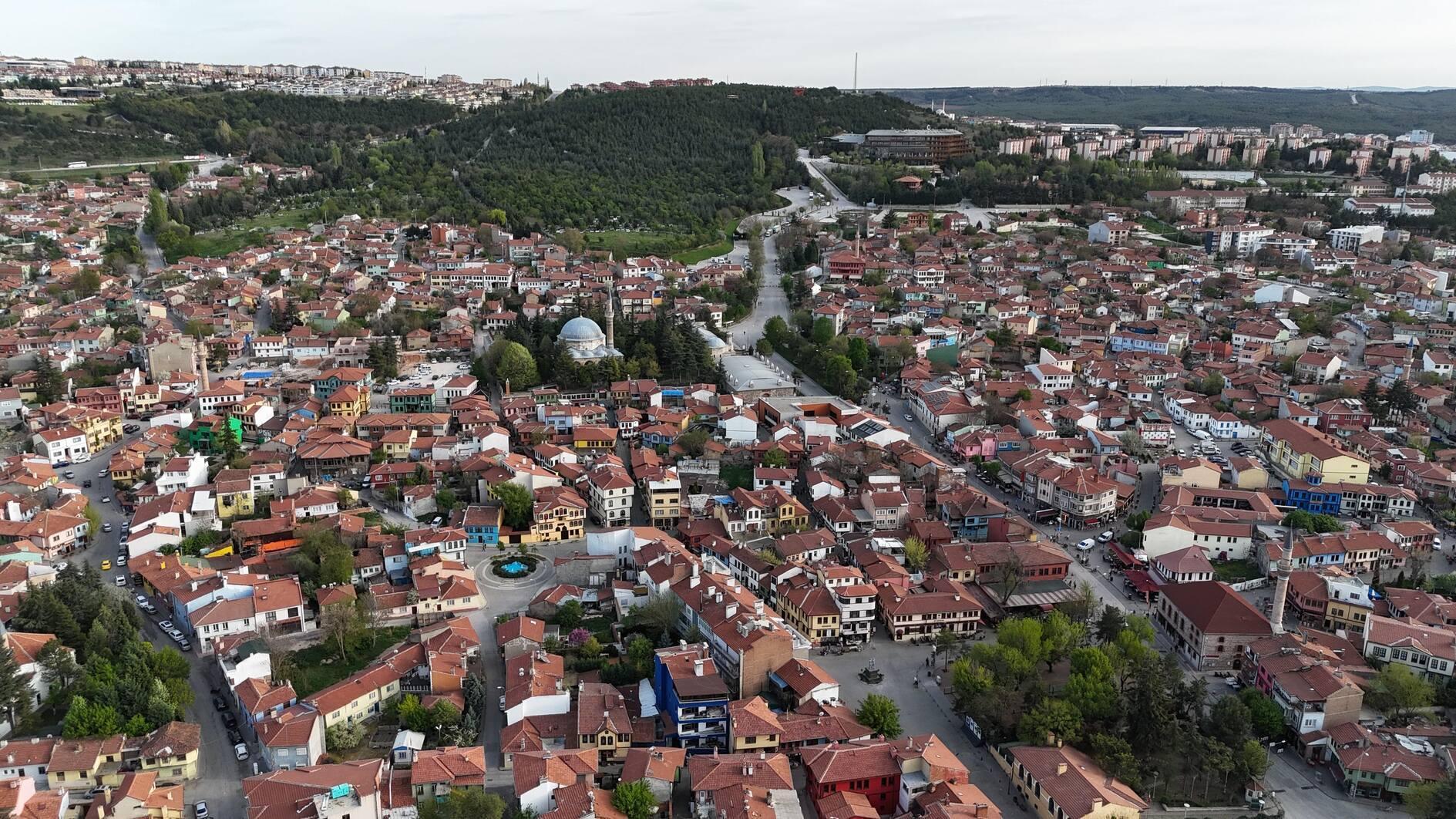Turkey obstacle to Syria peace conference, says Syrian FM
UNITED NATIONS / MOSCOW

Syrian Foreign Minister Walid al-Moallem gives an interview during the 68th session of the United Nations General Assembly at U.N. headquarters, Saturday, Sept. 28, 2013. AP Photo/Jason DeCrow
Syrian Foreign Minister Walid al-Moallem has said the planned Geneva peace conference “cannot succeed” unless regional countries like Turkey, Saudi Arabia and Qatar “refrain from supplying, arming, financing, smuggling” the rebels.Syrian President Bashar al-Assad frequently accuses Turkey, Saudi Arabia, Qatar, Britain, France and the United States of arming, financing and training rebel forces in Syria. Al-Moallem also said that “terrorists from more than 83 countries are engaged in the killing of our people and our army” under the appeal of global jihad.
“There is no civil war in Syria, but it is a war against terror that recognizes no values, nor justice, nor equality, and disregards any rights or laws,” al-Moallem said in a speech to the annual meeting of the U.N. General Assembly in New York on Sept. 30.
Meanwhile, Russia expressed doubt Oct.1 that Western nations can persuade Syrian opposition representatives to take part in an international peace conference in time for it to take place in mid-November.
The doubts by Damascus’s most important ally followed remarks in which the international envoy for Syria, Lakhdar Brahimi, said the target date of mid-November was “not 100 percent certain” and cited disunity among rebel forces.
“Until recently we hoped our Western partners, who undertook to bring the opposition to the conference, could do it quite quickly, but they were unable to do it quickly, and I don’t know whether they will be able to do so by mid-November,” Russian Foreign Minister Sergei Lavrov said.
U.N. Security Council powers hope it can be held in mid-November. Lavrov said it must be organized soon because “radicals and jihadists are strengthening their positions” in Syria. “The task is to not lose any more time, and to bring to the negotiating table with the government those opposition groups that ... think not about creating a caliphate in Syria or just seizing power and using it at their will, but about the fate of their country,” Lavrov said after talks with Ekmeleddin İhsanoğlu, secretary general of the Organization of Islamic Cooperation (OIC).
Meanwhile, a chemical disarmament team crossed into Syria Oct.1 to begin the daunting task of inventorying the country’s arsenal of the banned weapons in readiness for its destruction.
The team from the Hague-based Organization for the Prohibition of Chemical Weapons (OPCW) arrived in Syria a day after the departure of a team of U.N. inspectors, who had been investigating a series of alleged chemical attacks.
The team of 20 inspectors is implementing a U.N. resolution ordering the elimination of Syria’s arsenal.
The operation to rid Syria of chemical weapons by a target date of mid-2014 will be one of the largest and most dangerous of its kind.
The arsenal is believed to include more than 1,000 tons of sarin, mustard gas and other banned chemicals stored at an estimated 45 sites across the war-torn country.
















